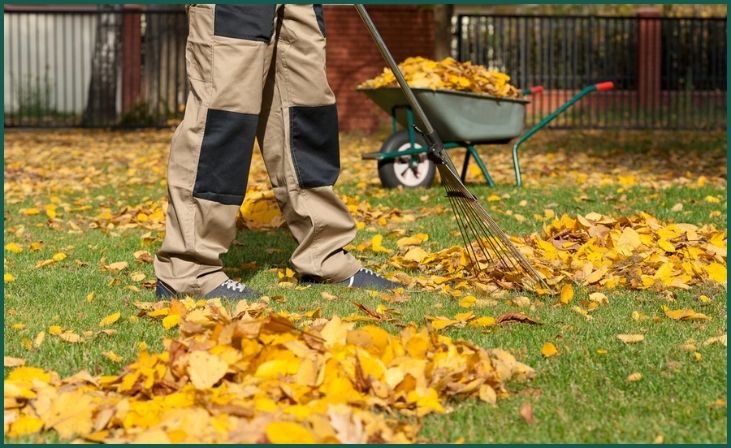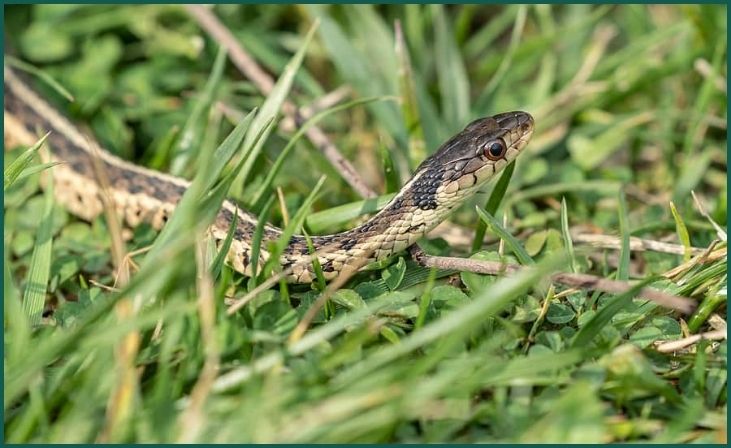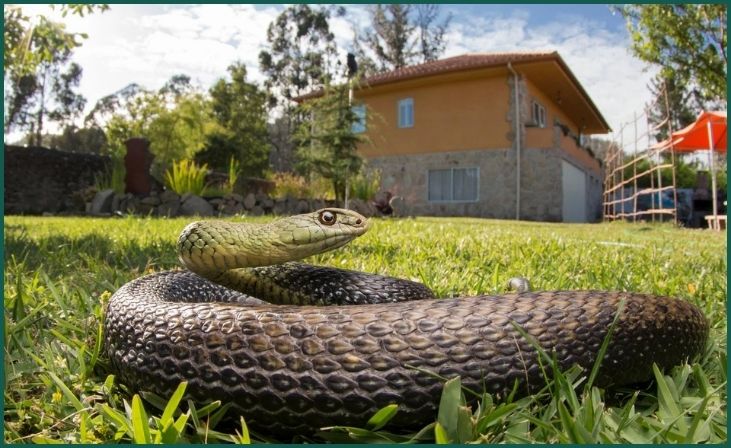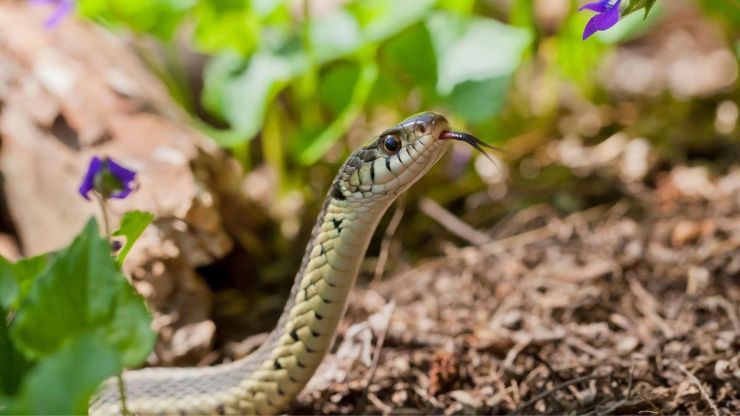If the presence of snakes in your yard gives you the shivers, fear not! In this comprehensive guide, we’ll explore seven foolproof strategies to deter snakes from making your outdoor space their slithering haven. From natural deterrents and habitat modifications to technological solutions, we’ll cover everything you need to know to keep these reptiles at bay. Whether you’re dealing with venomous species or harmless garden snakes, implementing these proven methods will give you peace of mind and allow you to enjoy your yard without the worry of encountering snakes. With a combination of preventative measures and proactive approaches, you can create an environment that is less attractive to snakes, ensuring a safer and more comfortable outdoor experience for you, your family, and your pets. Say goodbye to snake sightings and hello to a snake-free yard with these expert-approved tips and tricks!
Table of Contents
ToggleFoolproof Ways To Keep Snakes From Slithering
Keep Your Yard Clean and Tidy

Maintaining a clean and tidy yard is essential in deterring snakes. Snakes are naturally drawn to cluttered and overgrown areas as they provide ample hiding spots. Tall grass, unkempt shrubs, and piles of debris like woodpiles, rocks, and leaf litter offer perfect hiding places for snakes. By regularly mowing the lawn, trimming vegetation, and removing debris, you eliminate these hiding places and make your yard less appealing to snakes. Keeping your yard tidy not only reduces the likelihood of snakes taking up residence but also enhances the overall aesthetic appeal of your outdoor space.
Also Read- 7 Sidewalk Landscaping Ideas for Your Front Yard
Seal Off Entry Points
Snakes can squeeze through remarkably small openings, so it’s crucial to inspect your property for any cracks, holes, or gaps that they could use to enter your yard. Common entry points include gaps around foundations, doors, windows, utility penetrations, and gaps in fencing. Seal these openings using materials like caulk, wire mesh, or hardware cloth. Pay close attention to gaps near ground level, as snakes can easily slip through them. Blocking these entry points prevents easy access for snakes and reduces the chances of encountering them in your yard.
Install Snake Fencing
Snake fencing can serve as an effective barrier to keep snakes out of your yard. This type of fencing is typically made of fine mesh wire that is buried several inches into the ground and extends above ground level to deter climbing snakes. When installing snake fencing, ensure it is tall enough to discourage climbing species of snakes. Regularly inspect the fencing for any damage or gaps that may need repair to maintain its effectiveness. Snake fencing provides a physical barrier that makes it difficult for snakes to enter your yard, giving you added peace of mind.
Use Natural Repellents

Certain natural substances can act as repellents to snakes, discouraging them from lingering in your yard. Cedar mulch, for example, emits a scent that snakes find unpleasant, making it an effective natural deterrent. You can spread cedar mulch around the perimeter of your yard or in areas where snakes are commonly seen to help keep them away. Similarly, essential oils like clove oil, cinnamon oil, and eugenol can be mixed with water and sprayed around your yard to deter snakes. These natural repellents offer a chemical-free way to discourage snakes from entering your outdoor space.
Don't just scroll, subscribe!
BuzzTrail's unique web-stories are the cure for boredom you've been waiting for.
Introduce Predators
Introducing natural predators of snakes into your yard can help keep their population in check. Predatory birds such as hawks, owls, and kestrels feed on snakes and can help control their numbers. You can encourage these birds to frequent your yard by providing birdhouses, perches, and bird feeders. Additionally, keeping a cat or dog known to be a predator of snakes can also help deter them from entering your yard. These natural predators serve as a deterrent and reduce the likelihood of encountering snakes in your outdoor space.
Keep Food Sources Away
Snakes are attracted to areas where they can find food, such as rodents, insects, and other small animals. By eliminating these food sources from your yard, you can make it less appealing to snakes. Keep your garbage cans tightly sealed to prevent rodents from scavenging for food, and remove any sources of standing water that may attract insects. Additionally, consider implementing natural pest control measures to reduce the presence of insects and other prey animals in your yard. By minimizing food sources, you reduce the likelihood of snakes being attracted to your outdoor space.
Educate Yourself and Others

One of the most important steps in keeping snakes out of your yard is understanding their behavior and habitat preferences. Educate yourself, family members, and children about the types of snakes that are native to your area, their habits, and how to safely coexist with them. Teach children to respect snakes from a distance and to alert an adult if they encounter one. By raising awareness and understanding, you can help create a safer environment for both humans and snakes. Knowledge and awareness are key components of effective snake deterrence and management strategies.
For More- 7 Small Backyard Ideas That Will Transform Even The Tiniest Of Spaces
Conclusion
While encountering snakes in your yard can be unsettling, implementing these foolproof strategies can help keep them at bay. By maintaining a clean and tidy yard, sealing off entry points, using natural repellents, introducing predators, eliminating food sources, and educating yourself and others, you can create an environment that is less attractive to snakes. With these measures in place, you can enjoy your outdoor space with peace of mind, knowing that you’ve taken proactive steps to keep snakes from slithering around in your yard.
FAQs
How can I tell if there are snakes in my yard?
How can I tell if there are snakes in my yard?
Look for shed snake skins, snake tracks, droppings, and signs of burrowing. Also, keep an eye out for snakes themselves, especially during warmer months.
Are all snakes dangerous?
Are all snakes dangerous?
No, not all snakes are dangerous. Many snakes are harmless and play an essential role in controlling pest populations. However, it’s crucial to identify and differentiate between venomous and non-venomous species.

